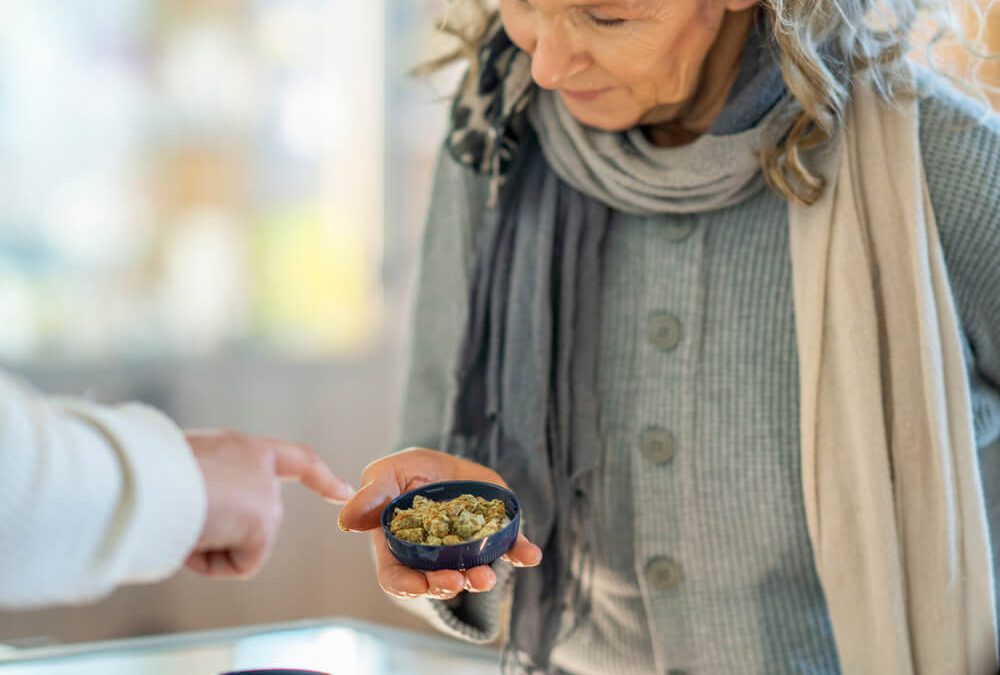Lydia Mudd, MPH (2024)
Senior Research Associate
Pronouns: she/her
Lydia Mudd is a Senior Research Associate at CPPC where she contributes to scientific and regulatory developments on cannabis use. She received her BA from Goddard College and will receive her Master of Public Health from the University of Colorado in Winter 2023. Lydia aims to foster widespread understanding of research findings by translating methodology, data, and results into clear and practical verbiage that is accessible to many different audiences. Employing her expertise in quantitative and qualitative research methods, she’s investigated cannabis use from individual, population, and industry lenses, and in topic areas including patterns and perceptions of cannabis use, medical and adult use, supply and demand, and illicit market implications. Driven by a curiosity and passion for improving population health, Lydia contributes to the development of novel research in cannabis and behavioral health. Lydia lives in Longmont, Colorado, and spends her time exploring local arts and culture, gardening, yarn crafting, and playing with her dog.





